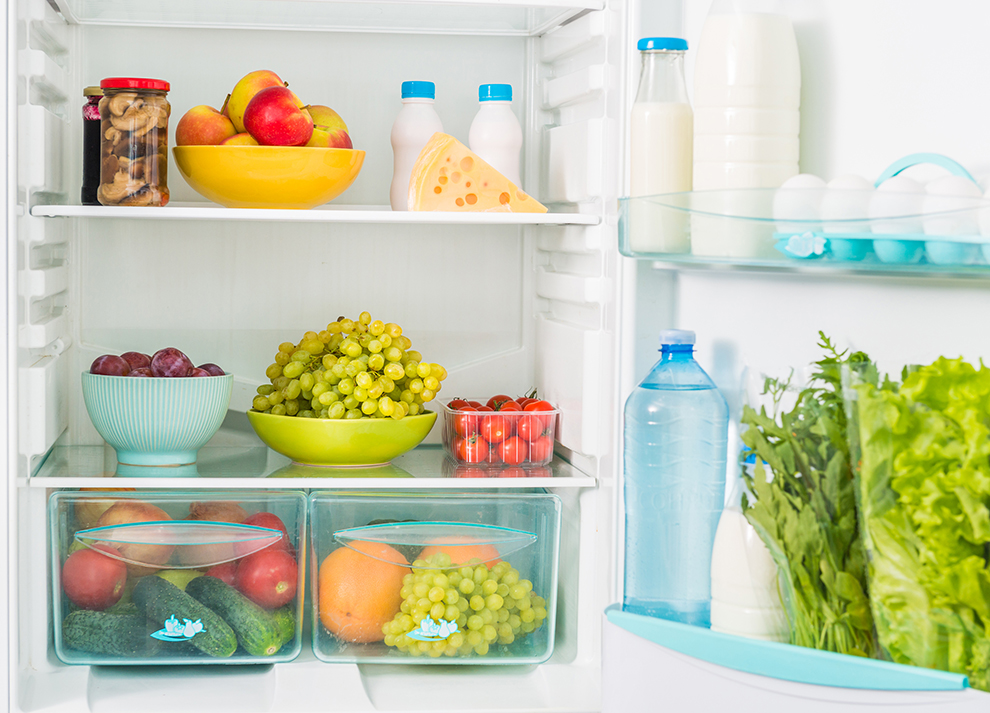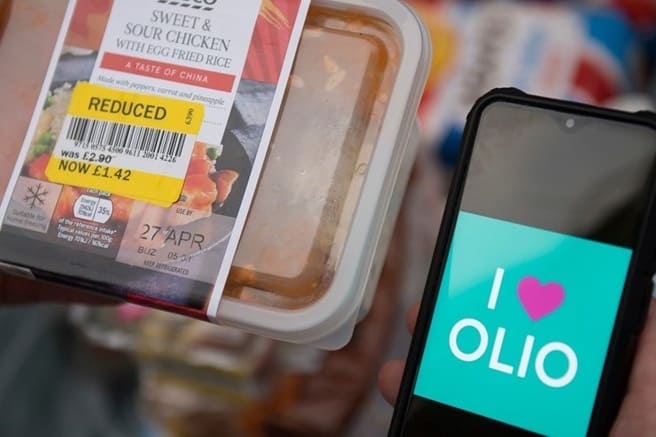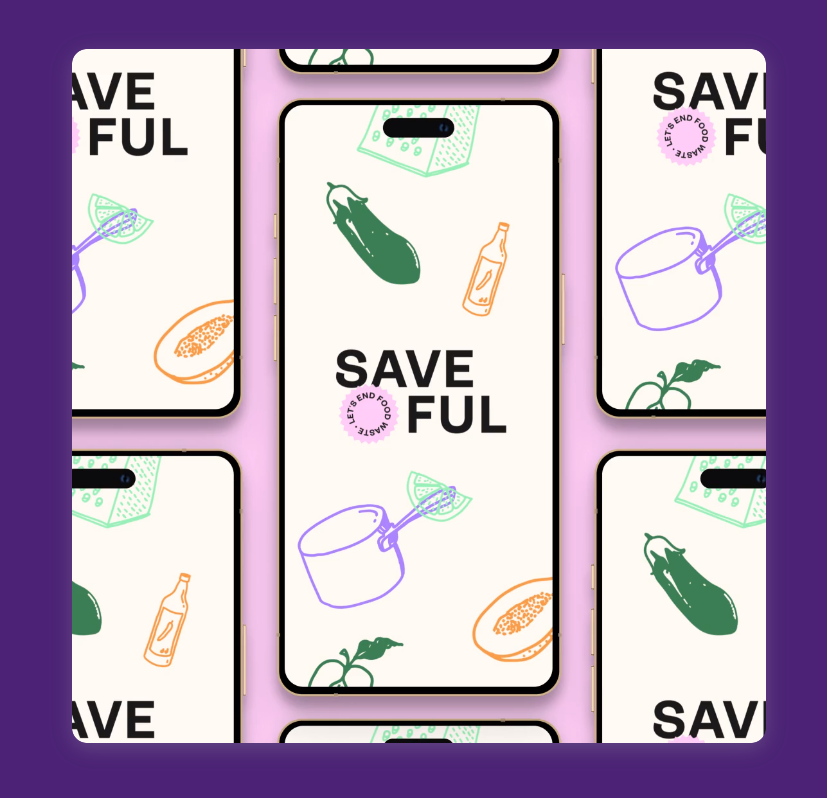According to the United Nations, a whopping 17% of the food produced in the world is wasted every year[1]. The result of this waste has an immense impact on the environment including greenhouse gasses. In fact, if ‘food waste’ was a nation, it would be the third largest emitter of greenhouse gases globally.
Although this statistic is disheartening, there are a lot of innovators who are tackling food waste at every stage of the supply chain, from farm to fork. What these companies and many more have identified is that food waste is a solvable problem and both businesses and consumers can play a significant role in reducing their waste.
This Global Insight series will aim to highlight the companies and innovations that are helping reduce and re-purpose food waste.

Precision Fermentation
Precision fermentation is one of the new food processes that is taking the food industry by storm with the potential to dramatically decrease the amount of waste byproducts in the food industry. Precision fermentation has focused on the dairy sector, with companies like Perfect Day leading the way with their breakthrough dairy ingredient ProFerm™, suitable for cheeses, creams, milk, confectionery, and protein products. Not only does this method of precision fermentation remove the animal impact of traditional dairy products but it is also estimated to use 99% less water, up to 60% less energy, and 91-97% less greenhouse gas emissions than conventional dairy product[2]. Precision fermentation can offer immense benefits and potential for the growth of the food industry and unlike other plant-based technologies, 79% of UK consumers are open to buying precision fermentation products, even with a 25% premium[3].
Supply Chain Freshness
With 45% of all fruit grown globally going to waste [4], it is also important that we address the way in which food is grown and transported from farms to market. There are several companies that are working specifically on products to maximise the life of fruits and vegetables without altering their flavour and taste, and without adding chemicals that are potentially harmful to both the consumer and the environment. Technology that emits chemicals to slow the ripening process of fresh fruits and vegetables, and plant-based protection that helps produce stay fresher for longer, are key players in the fight to prevent produce from going in the bin even before reaching market (Apeel). This not only aids in the reduction of food waste but also supports the countries of origin and promotes sustainable farming and food production as a key economic contributor. Other companies like Bluapple are offering similar technology directed toward the consumer, allowing them greater control of the ripening process in their home. These technologies are directly addressing one of the consequences of our global economy and giving produce the chance to stand up to the level of travel that is now commonplace in the supply chain.

Closing the Loop
There is also an increasing number of measures and processes being used to close the loop on food waste completely. Malaysian brand Maeko sells bespoke compost machines to large and small hotels that convert all their food waste that would otherwise be heading to landfill into usable compost. This can then be used on in-house gardens for growing plants or selling on to generate additional income. Chefs and start-ups around the globe are also harnessing food waste and repurposing it.
There is a wave of chefs and restaurants who are embracing a low-to-no-waste approach to meat, fruit, vegetables, and other produce. One easy way is by taking overripe fruit and vegetables and turning them into ketchup and spreads. This is also something that UK-based Rubies and Rubble and US-based Outcast are actioning, leading the charge in fighting food waste by using produce that is on its way to the bin to create their range of condiments and protein powders. London’s Silo Restaurant is leading the way in food service food waste, being the world’s first zero-waste restaurant. All their butter, milk, and flour are made in-house, as well as fermented drinks as they embody a nose-to-tail ideology. Furthermore, their furniture is made from would-be-wasted materials and mycelium light shades. This means that the minimal waste that remains is therefore unavoidable and compostable, closing the loop.
Amongst consumer fears of greenwashing, restaurants will have to be wary of food waste and green claims but a movement in a positive direction has begun in the industry. Closing the loop on food waste is a key focus in The Ellen McArthur Foundation’s new project, the Big Food Redesign, which is challenging the linear model of food waste and attempting to create a circular design for food that benefits people, farmers, nature, and business by selecting and sourcing ingredients which are diverse, upcycled, with a lower impact, and regeneratively produced.

Helping Hand of Technology
Managing demand is also a key component in the fight against food waste. It is estimated that the average AU household throws away approximately 4kg of food per household per week, equating to 2.5 million tonnes of food per year across the country[5]. Technologies that help both everyday consumers and businesses to manage their consumption, and therefore their waste, are essential in the fight against food waste. Tech companies Tenzo and Nerolabs are harnessing the power of AI to help predict consumer demand and make recommendations for ordering to manage supply and therefore mitigate potential waste. AI is also being used by US-based Winnow to measure the waste of restaurants so they can adjust their ordering accordingly. The industry-leading food-sharing app Olio is also a technology platform connecting over 7 million users and promoting food sharing rather than food waste.
While these statistics on food waste may seem daunting, there is a growing movement of individuals, businesses, and innovators committed to addressing this global challenge. Below we highlight a few waste warriors from around the globe:
United Kingdom – Olio and Tesco Partnership
Food-sharing app Olio and Tesco partnered up in 2020 to make sure that unsold food reached local communities rather than going to waste. In February 2023 they celebrated saving and redistributing 30 million meals that would otherwise have been thrown in the bin.


Australia – Saveful by Thankful
Saveful by Thankful is the app that has just secured support from a VC to deliver their app that will help reduce consumers’ food waste. With 70% of food binned by Australians being perfectly edible, this app will build meals based on ingredients in the fridge, instilling healthy eating habits in families and a reduction in food waste.
Italy – Orange Fibre
Orange Fibre is an Italian company that is upcycling citrus juice by-products to produce high-quality, sustainable fabrics for clothing companies around the world. They have produced more than 15,000 meters of fabric while recycling more than 120 tonnes of citrus by-products.

By adopting innovative technologies, changing consumer behaviour, and rethinking our approach to food production and distribution, we can collectively work towards a future with significantly reduced food waste and a more sustainable planet.
For more information on food trends and market insights, check out our journals here.
References:
1. https://www.un.org/en/observances/end-food-waste-day
2. https://www.labiotech.eu/in-depth/lab-grown-dairy/
3. https://foodhack.global/articles/this-week-in-food:21.07
4. https://www.vegavero.com/Food-waste-A-social-environmental-economic-problem-but-also-yours
5. https://www.qld.gov.au/environment/circular-economy-waste-reduction/recovery/reduction/reduce-food-waste
Please note, we are not affiliated, associated, or in any way officially connected with the brands and products mentioned within this post.




